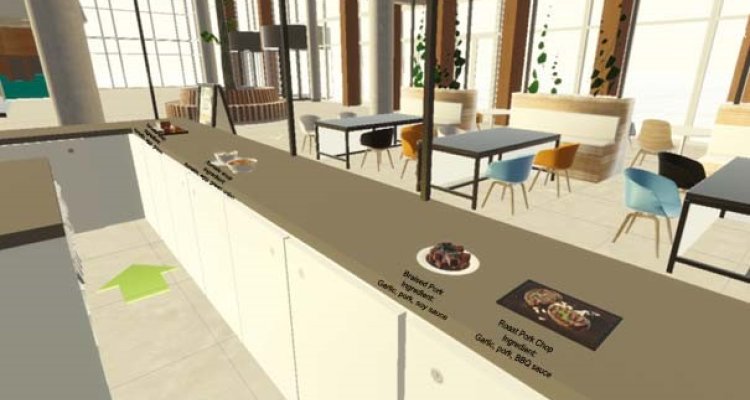
Colloquium
Assessing Food Neophobia through Consumer Behaviour in Virtual Reality Buffet
By Jiaxin Wang
Abstract
Numerous studies reveal that customer behaviour in food selection unveils consumer preferences, habits, and needs, which can contribute to the improvement of shopping experience. With technological advancements, particularly the use of virtual reality (VR), capturing a wider range of data has become more feasible. This study aims to predict participants’ food neophobia levels using eye tracking and behavioural data captured in a virtual buffet. To achieve this, 42 subjects were asked to make a food selection through three groups of virtual food in VR. Then, all the collected data were input into machine learning models to predict individuals' food neophobia level. The results reveal that individuals with lower food neophobia levels show prolonged dwell times, increased revisits and fixations count on unfamiliar food, whereas high food neophobia people prefer to spend longer time on the familiar ones. Besides, Random Forest (RF) achieved the highest accuracy, with behavioural features outweighing eye-tracking features, especially the velocity of the headset and right-hand controller. These findings highlight the predictive potential of eye-tracking and behavioural data in VR for discerning latent traits, which could gain more insights for providing better personalized recommendation services in the future e-commerce industry.